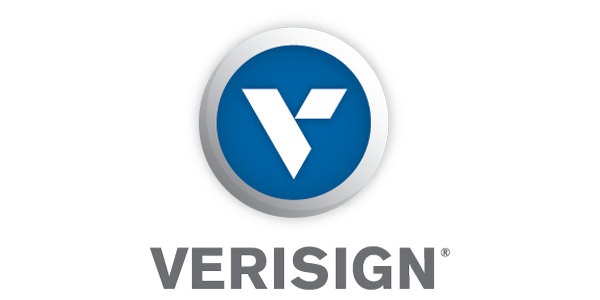Verisign published a study today that describes how Verisign sought to understand whether or not having a keyword-rich domain name that shows up in search results provides any benefits over domain names appearing in search results that do not include keywords.
To help answer this question, Verisign researchers analyzed millions of search queries licensed from the cross-platform measurement company comScore and discovered that:
Internet search users are almost twice as likely to click on a domain name where the second level includes at least one of the keywords in their search query, compared to a domain name that does not include any of the keywords in their search query.
For example, if a user searched for: “How do I create a personal brand online?” he or she would be more inclined to click on a domain name such as www.PersonalSpaceOnline.com than a domain name that does not contain any of the keywords included in the search.
Of course you need to have a good ranking so that the user will actually get to see your domain name.
The data analysis was conducted by Verisign data analysts. The analysts focused on the second-level domain names (SLDs) (the characters and keywords that come before the dot in a domain name) returned for all of the search queries conducted by comScore’s U.S. consumer panel in September 2015. They only focused on SLDs because the number of search query results returned for top-level domains (TLDs) that could be considered keywords was not significantly measurable.
Of the top 50 TLDs that appeared in the search query results, 38 of them appeared in only 1 percent or less of the search query sessions. The 12 TLDs that appeared most frequently were:
- .com (98 percent)
- .org (47 percent)
- .net (18 percent)
- .edu (9 percent)
- .uk (7 percent)
- .gov (7 percent)
- .us (3 percent)
- .info (2 percent)
- .au (2 percent)
- .ca (2 percent)
- .tv (2 percent)
- .me (2 percent)
Additional filtering was conducted by the Verisign data analysts to remove data that was incomplete, unusable or would negatively impact the accuracy of the analysis.
Once the data filtering was complete, analysts identified the overlap between the search terms and the domain names appearing in the top 20 search results by:
- Separating the search terms with spaces and identifying the unique set of keywords in each search. For example, “HOTELS ON CATALINA ISLAND” would have the terms “HOTELS,” “ON,” “CATALINA” and “ISLAND.”
- Counting how many of the search term keywords were included in the resulting domain names (no keywords = “zero ”).
- Counting the number of search results that were clicked on (click_flag=1) for the search results with “zero match” and dividing it by the total number of search results with “zero ” to compute the click-through rate for these search results. Analysts repeated the same process for “one match” search results and “two or more match” search results to derive click-through rate for each.
Findings
“The domain names with keywords that overlapped with the search terms had a click-through rate almost two times higher than domain names without overlap. In other words,Internet search users are almost twice as likely to click on a domain name that includes at least one of the keywords in their search query, compared to a domain name that does not include any of the keywords in their search query.”
Conclusion
“Based on the results of Verisign’s analysis of comScore data, it appears that keyword-rich domain names can play an integral role when it comes to user click-through rate on search engine results. Given that “traffic to a website” is frequently cited as a top priority for website owners, they should seriously consider registering keyword-rich domain names that align with their website or business focus to take advantage of a search user’s higher propensity to click on domain names that include one or more of their search keywords.
While there are many variables that go into search rankings, like content quality, cross-linking, advertising budgets, faster website speeds, etc., having a portfolio of descriptive, keyword-rich domain names may make the difference in being found online. Verisign’s analysis of the comScore data illustrates that registering keyword-rich domain names may be a smart strategy, giving businesses a leg up when it comes to getting prospective customers to click on their links.”
You can use tools like DomainScope for domain name ideas, to research the registration history of a domain name and compare available DNS traffic information for multiple domain names.
 OnlineDomain.com Domain Name News & Opinions
OnlineDomain.com Domain Name News & Opinions



 OnlineDomain.com - © Copyright 2012-2026 - All Rights Reserved
OnlineDomain.com - © Copyright 2012-2026 - All Rights Reserved
Intriguing study.
Naturally, search results that match our query will appear more relevant. They’re not just an echo; they’re an answer. And when the domain itself – not just the longer URL – mirrors what we’re looking for, we tend to assume the website specializes in that very subject.
While the conclusion is no surprise, it’s good too see research happening. Even common sense needs to be substantiated. And precisely measured.